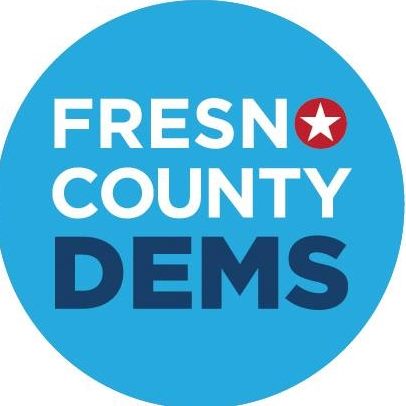For Immediate Release
July 2, 2018
Supreme Court Attempts to Handicap American Labor
U.S. labor unions were hit hard by the Supreme Court last week in its Janus v. American Federation of State, County, and Municipal Employees (AFSCME) ruling. By law, Americans cannot be forced to join or pay full dues to labor unions, even in firms that are union shops and covered by collective bargaining agreements hammered out between employers and unions.
However, longstanding legal precedent, enshrined by the Supreme Court in its 1977 Abood v. Detroit Board of Education decision, held that, under a collective bargaining agreement, workers can be required to pay a reduced sum known as “agency” or “fair-share” fees meant to cover the costs of basic union services, including negotiating with employers. Janus objected to paying this fee to AFSCME and persuaded the Court make a sharp break with earlier legal precedents on this matter.
“In yet another blow to America’s workers, their ability to organize for better wages, benefits and conditions has been compromised,” says Michael D. Evans, chair of the Fresno County Democratic Party. “We need each branch of our government to prioritize American workers, and the best path to accomplish that is to strengthen labor unions.”
The Janus ruling has immense significance because of the nature of the benefits unions provide to those in the workplaces they organize when bargaining on their behalf with employers. The favorable deals unions negotiate for employees in a union shop, in the form of higher wages, improved benefits and better working conditions, are, to use economic jargon, “non-excludable.”
Because such agreements cover the entire workforce in the firm, all the employees gain from them, regardless of whether they are dues-paying union members. This creates an incentive for individual employees to “free ride” on union bargaining efforts without helping to pay for their costs.
Although workers might be motivated by union solidarity not to do this, more than a few could also decide to shirk and let other employees make the financial sacrifice involved in paying union dues, thereby weakening union organization.
Creating this dynamic is the underlying aim of so-called right-to-work provisions. Slightly more than half of all U.S. states are currently right-to-work states. In the wake of the Janus ruling, every state is now effectively a right-to-work state.
The negative impact of the Janus decision on unions is underscored by the case of Michigan, which in 2013 became a right-to-work state. According to statements of the Michigan Education Association, the state’s largest teachers’ union, filed with the state Department of Labor, its membership fell 18% and membership fees dropped 28% after the 2013 passage of the Michigan right-to-work act.
The task of organizing workers and maintaining the membership and financial health of unions is about to become much harder. Union members have President Donald Trump to thank for this—the Neil Gorsuch appointment paved the way for the Janus ruling—and he reacted to the Supreme Court decision by crowing in a tweet that it was a “loss for the coffers of the Democrats.”
President Trump will at some point have to eat these ill-chosen words. Union members who voted for Trump in 2016 are sure to realize over time that the President is no defender of workers’ rights.
Perhaps Justice Elena Kagan, in her dissenting opinion, best summarized the Janus case noting that the decision is “weaponizing the First Amendment, in a way that unleashes judges, now and in the future, to intervene in economic and regulatory policy.”
For more information, contact the Fresno County Democratic Party at 559-495-0606 or fresnocountydemocrats@yahoo.com.



